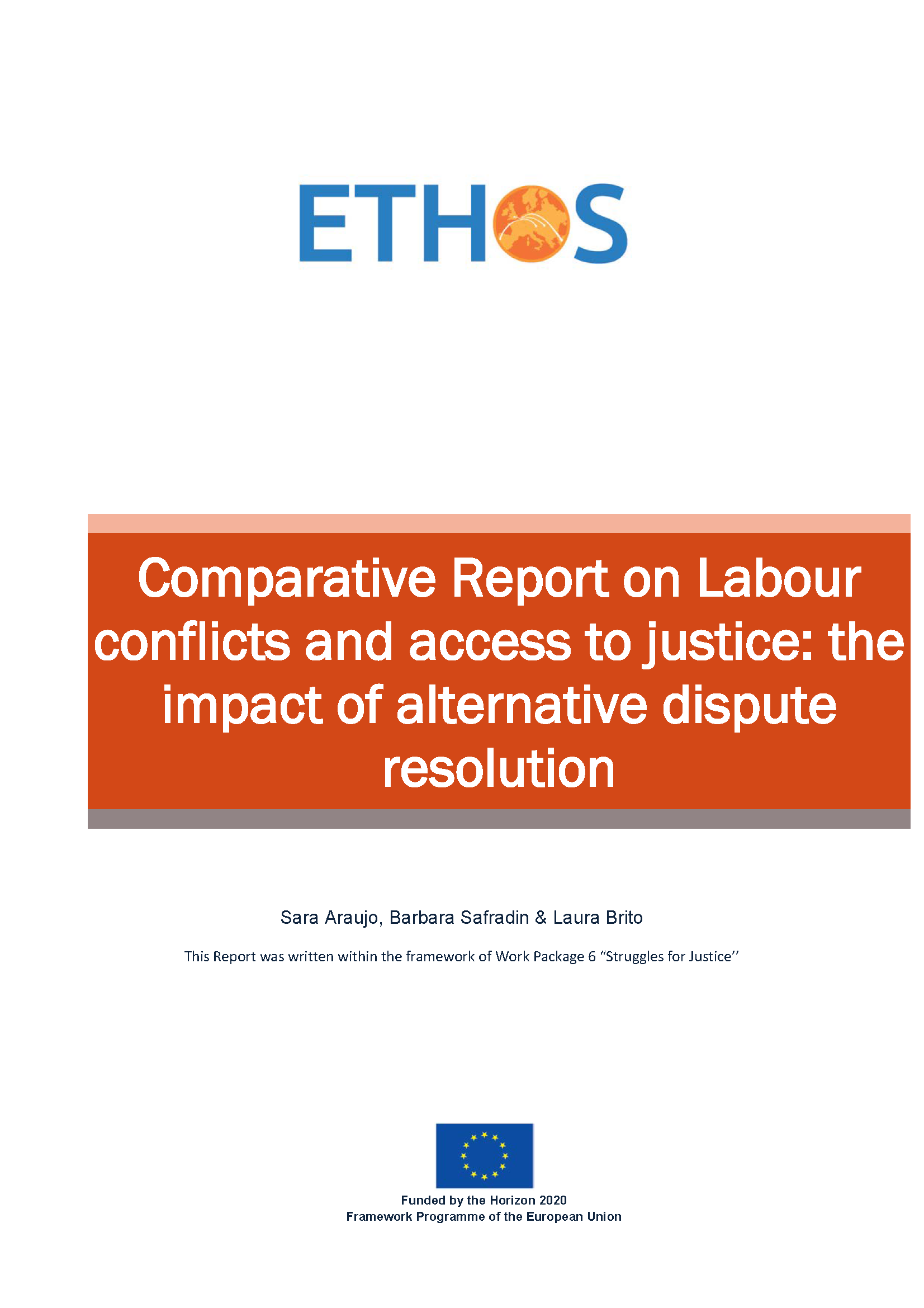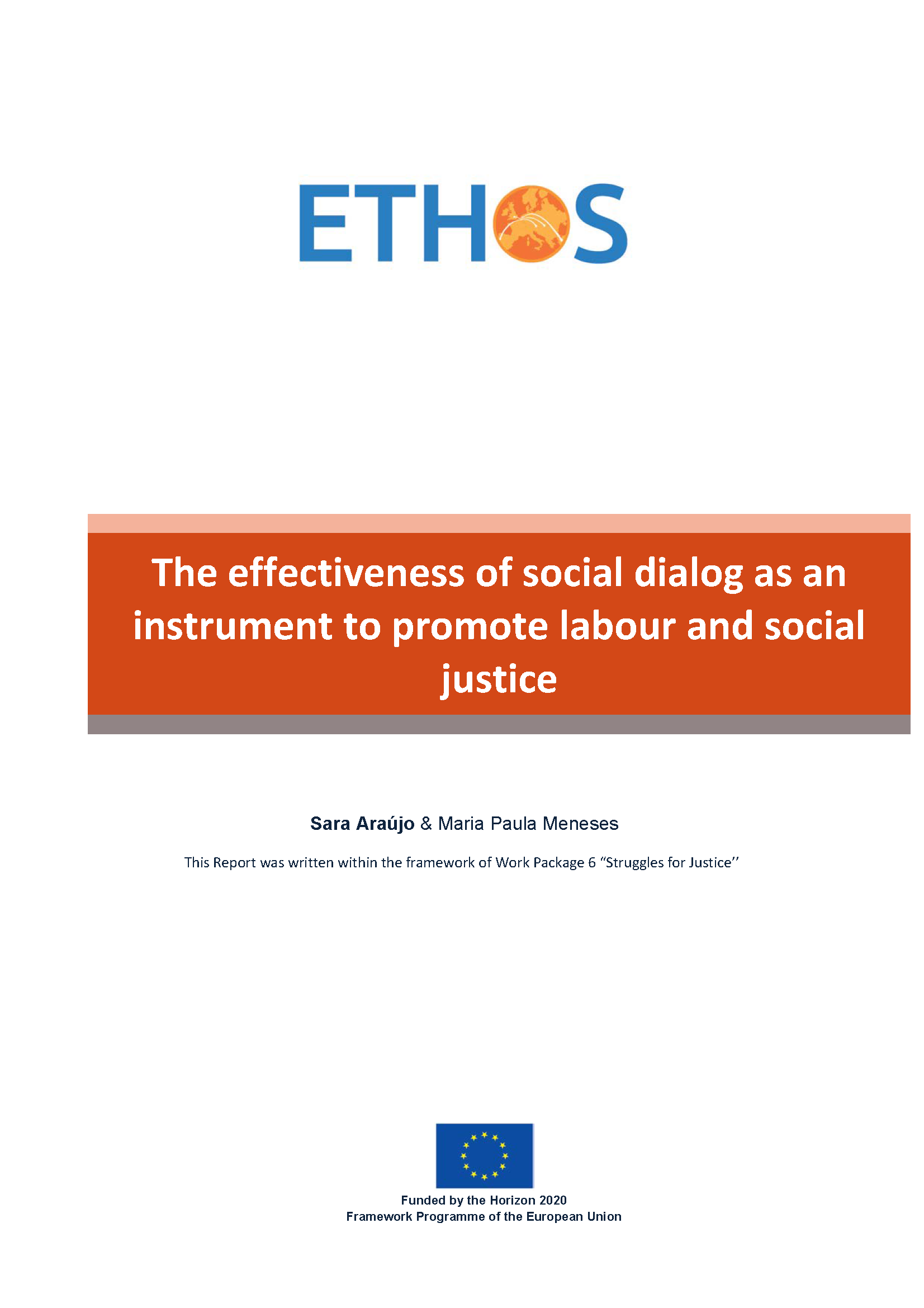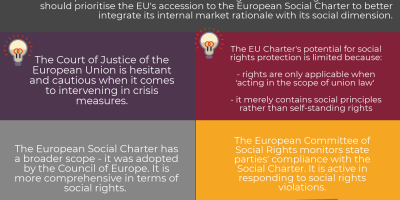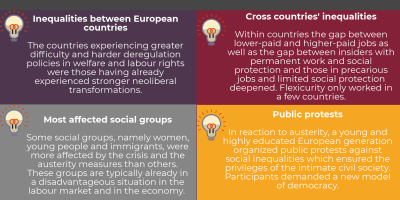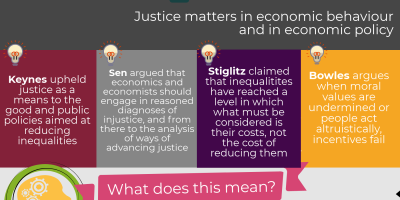Struggles for Justice (WP6)
This subproject focuses on the distributive effects of the recent crises – financial, economic, euro-zone, social – that have been troubling Europe and the way these affect the recognition and representation of the interests of the categories of the population that have been hit by crises. Over the recent years, neoliberal globalization, on the one hand, and the economic crisis, on the other, have heavily affected several European countries’ economy as well as their political and social stability. The austerity measures introduced throughout European member states have further intensified the feelings of injustice and mobilized social and political actors’ support for institutional and non-institutional struggles for ‘justice’. The subproject explores the various forms of (non)institutional struggles for justice in Europe and national states, and thus shed light on the factors that impede the realisation of justice. The six countries involved in the study experience different levels of economic growth (and decline), have been differently affected by the recent crises (financial, economic, debt, social) and, by consequence, take different positions and pursue different, sometimes competing or even contradictory measures to address the distributive justice claims. The subproject analyses the complex interdependencies between the various agents of justice (judiciary, advocacy/NGOs, trade unions) and/or the potential conflicts in how they recognize and prioritize the interests and capabilities of various groups of the population.
Leading partner: CES/UU; leading researchers: Maria Paula Meneses/Sybe de Vries

This project has received funding from the European Union’s Horizon 2020 programme under grant agreement No. 727112

